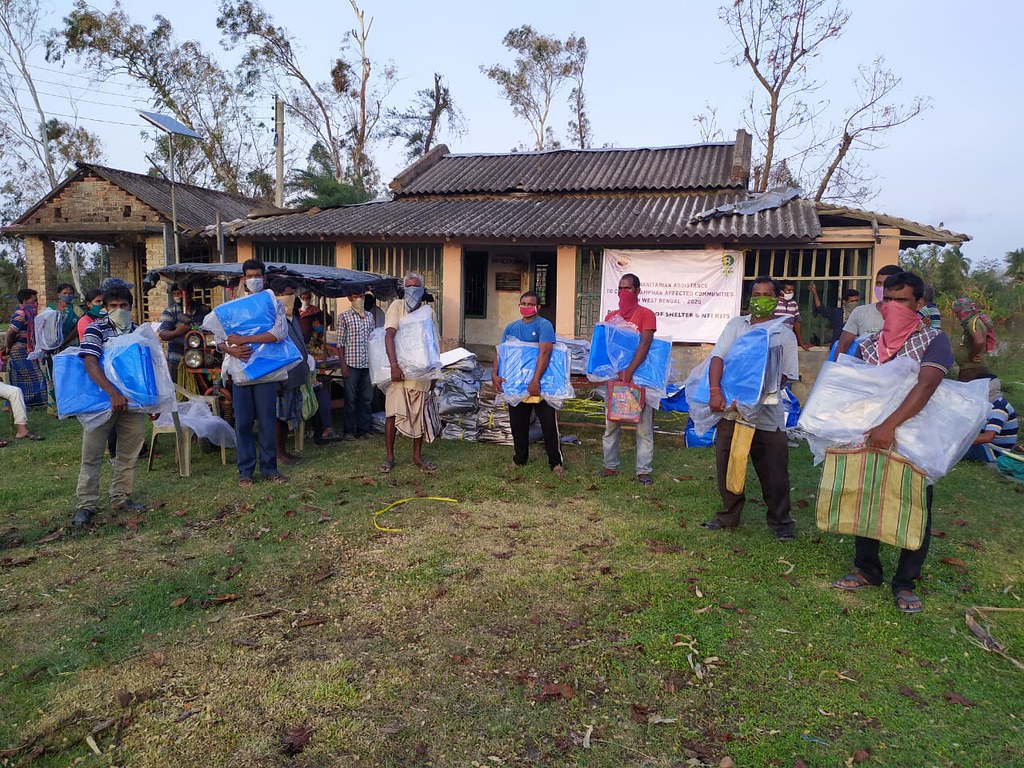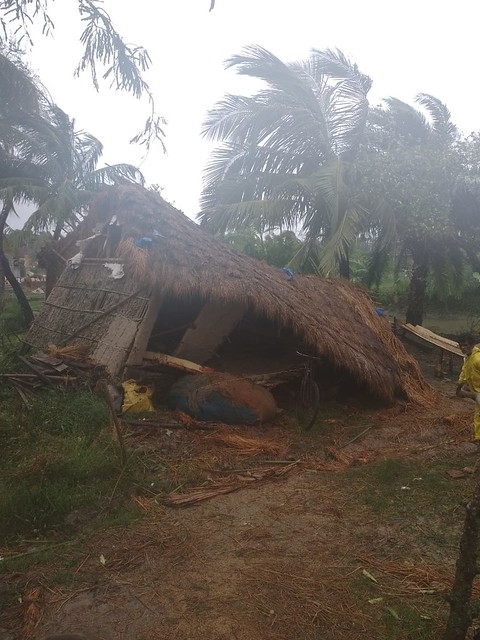
For people in so-called ‘marginal’ environments, in coastal and dryland areas, the Covid-19 pandemic adds to a set of existing uncertainties and challenges. Recent weather events such as Cyclone Amphan have compounded the problems faced in some regions.
A recent webinar convened by the TAPESTRY project explored the implications of the pandemic for bottom-up transformations to sustainability in India and Bangladesh.
The TAPESTRY project (‘Transformation as Praxis: Exploring Socially Just and Transdisciplinary Pathways to Sustainability in Marginal Environments’) is part of the Transformations to Sustainability programme.
TAPESTRY explores how transformation may arise ‘from below’ in marginal environments with high levels of uncertainty. The project is researching and working with transformative alliances between actors (local communities, NGOs, scientists and state agencies) that are seeking socially just and ecologically sound alternatives based on local people’s plural understandings of what transformation entails. These ‘patches’ of transformation have the potential to grow or merge with others.
Find out more about TAPESTRY on the Transformations to Sustainability website, where you will also find the related blog: A ‘natural disaster’ on top of a pandemic – preparedness in the face of cascading uncertainties, by Shilpi Srivastava, Lyla Mehta and Shibaji Bose.
The header photo of a relief team is by Baikanthapur Tarun Sangha (BTS), part of a selection shared by the STEPS Centre on Flickr.
